Hunger is not the worst feature of unemployment; idleness is
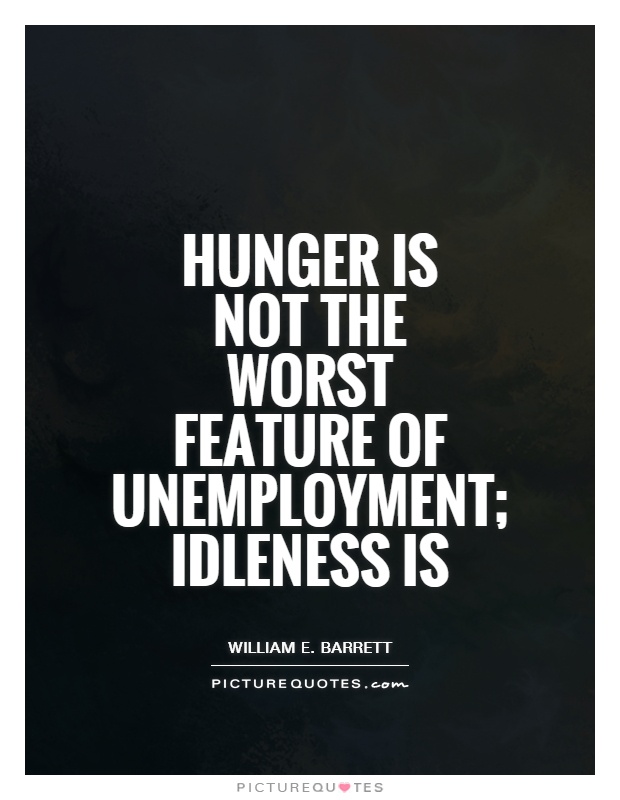
Hunger is not the worst feature of unemployment; idleness is
William E. Barrett, an American author and journalist, once famously said, “Hunger is not the worst feature of unemployment; idleness is.” This statement holds a profound truth that resonates with many individuals who have experienced the hardships of being unemployed. While the physical pain of hunger is undoubtedly a significant issue that arises from unemployment, the mental and emotional toll of idleness can be equally devastating.Unemployment can strip individuals of their sense of purpose and self-worth. Without a job to go to or responsibilities to fulfill, many people find themselves feeling lost and directionless. This lack of structure and routine can lead to feelings of boredom, frustration, and even depression. The constant worry about finances and the uncertainty of the future can also weigh heavily on the minds of those who are unemployed, further exacerbating their feelings of helplessness and despair.
In addition to the mental and emotional challenges of idleness, being unemployed can also have a detrimental impact on one’s physical health. Without access to affordable healthcare or the means to maintain a healthy lifestyle, many individuals may neglect their well-being, leading to a decline in their overall health and well-being. The stress of unemployment can also manifest itself in physical symptoms such as headaches, insomnia, and digestive issues, further adding to the burden of idleness.
Furthermore, the lack of social interaction that often accompanies unemployment can also take a toll on individuals. Many people derive a sense of fulfillment and connection from their work and colleagues, and losing that social support system can leave them feeling isolated and lonely. This sense of isolation can further exacerbate feelings of depression and anxiety, making it even more challenging for individuals to cope with the challenges of unemployment.
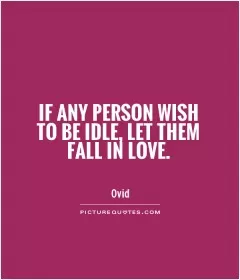

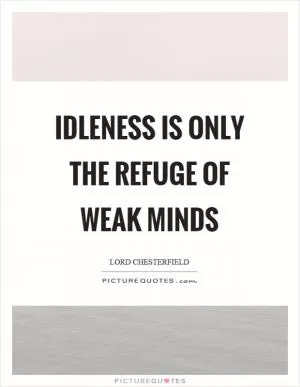
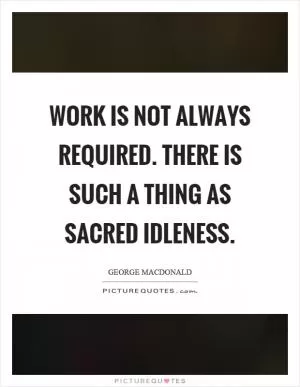

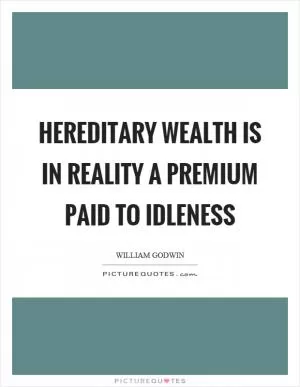
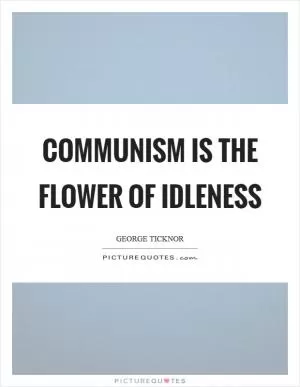
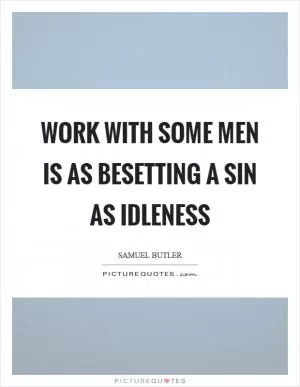
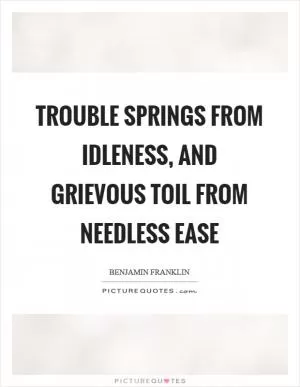
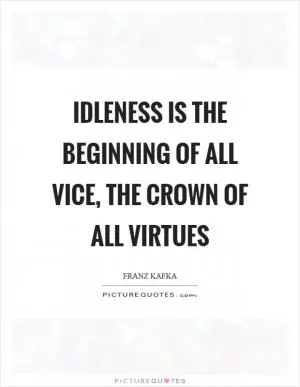
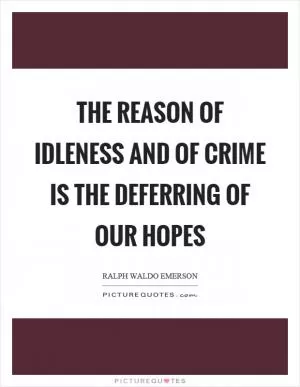
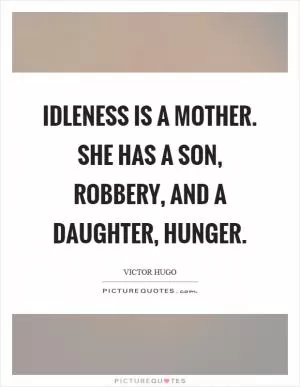
 Friendship Quotes
Friendship Quotes Love Quotes
Love Quotes Life Quotes
Life Quotes Funny Quotes
Funny Quotes Motivational Quotes
Motivational Quotes Inspirational Quotes
Inspirational Quotes